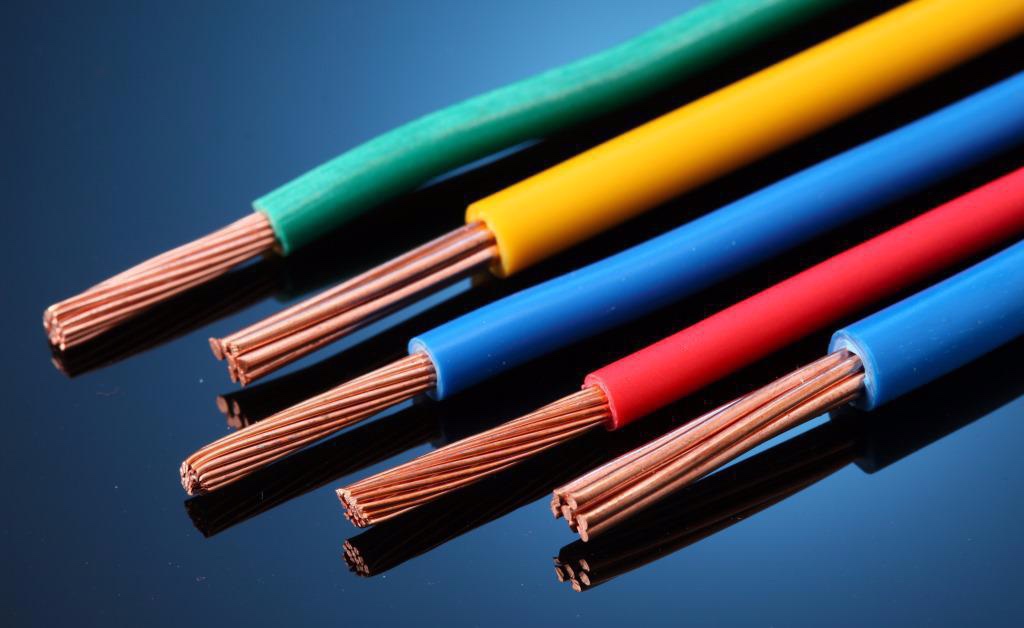
There are tens of thousands of wire and cable companies in the market.
Different manufacturers, different materials, different labors, and transportation and management costs will cause even different prices for wires of the same specifications.
As we all know, because the safety of wires and cables is related to the safety of people's lives and property, the country is extremely strict with regard to the wiring of wires and cables.
A wire and cable enterprise that meets national standards often has to go through various selections such as material selection, production process, safety factor, quality inspection, etc., as well as application and approval of related content, which directly increases the cost of wire and cable.
This is why regular manufacturers' products are more expensive than non-regular ones.
If you only want cheap wires and even counterfeit and shoddy products, you will inevitably cause hidden dangers to household electricity safety.
Different electrical appliances and different environments have different requirements for the specifications of the wires.
For example, a user needs to purchase a power cord for a 380V welder.
The current requirement for the welder is 16 amps.
If we use ordinary wires for household use, then obviously it is impossible to carry such a large current, and it isn't easy to meet the requirements for the safe use of electricity.
Because of the increase in voltage and current, it is necessary to put forward higher requirements on various parameters such as the bearing capacity and electrical conductivity of wires and cables.
If you use ordinary wires directly, it is very likely that the line will be short-circuited and the machine will be burned.
In severe cases, there will be huge losses such as overheating in the home.
If the wire is often in a high-temperature environment, it is impossible to use even a thick rubber wrap. Instead, choose a fire-resistant flame-retardant wire to avoid wire short-circuit problems caused by the sheath being scorched.
Therefore, when purchasing electric wires, you must consider the current, voltage requirements, and working environment of your own electrical appliances, and consult professionals and wire and cable dealers to select products of appropriate specifications to avoid production and economic losses.
The source, specification, price, and appearance are the basic elements that should be considered when purchasing a wire.
However, when selling wires, it is often seen that some people buy wires very casually, often choose one, buy them and leave, even if the price, specifications, and appearance are not asked.
In fact, the quality of the wires varies widely and the specifications vary.
You should ask for a clear and careful look.